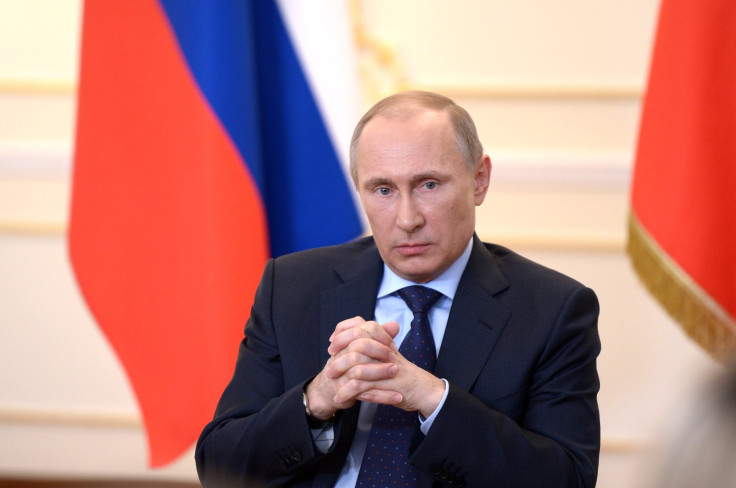Who Killed Alexander Litvinenko, Putin Critic Poisoned While Living In Exile?

A top suspect in the 2006 murder of Alexander Litvinenko, a former member of a Russian intelligence agency who was poisoned with polonium while living in exile in London, claimed on Tuesday that the frequent critic of Putin and the Kremlin had been poisoned the day before they met. As the U.K. inquiry into Litvinenko's death and its surrounding circumstances begins special closed sessions, few gains have been made to confirm who killed him.
On Nov. 1, 2006, Litvenenko met two former colleagues from Russia's Federal Security Service (FSB) for lunch in a London hotel where he drank tea laced with a lethal dose of radioactive polonium, according to the BBC. While he began to feel the effects of the radiation several hours later, it took Litvenenko 22 days to die as the plutonium killed him from the inside.
Suspect in Alexander Litvinenko inquiry fails to appear; judge suggests it may all have been a "charade" http://t.co/b1wdDDhWMM
— BBC News (UK) (@BBCNews) July 28, 2015Dmitry Kovtun, a former military officer and one of the men who met Litvenenko in the Millennium Hotel in Grosvenor Square for lunch, claimed that Litvenenko had been poisoned the day before they met in written answers provided to London's Royal Courts of Justice and that an ex-colleague who claimed Kovtun had talked about killing Litvenenko was an unreliable witness, according to the Financial Times.
Kovtun, who has avoided giving any oral evidence to the inquiry and has remained in Russia, has limited the ability of Sir Robert Owen, chairman of the inquiry, to conduct the investigation. Owen suggested during the proceedings that Kovtun or Russian authorities were deliberately interfering with the investigation.
“Either ... Mr Kovtun has never in truth intended to give evidence and ... this has been a charade,” he said, according to the Financial Times. “Alternatively ... obstacles have been put in the way of his doing so.”
The inside story of how Alexander Litvinenko was murdered. Watch @richardwatson1's report http://t.co/5K3tIAs5aL pic.twitter.com/9L04Fq14uU
— BBC Newsnight (@BBCNewsnight) July 28, 2015Litvinenko fled to the U.K. with his family in 2000 and began work as a security consultant in London. Litvinenko, who reported on the Russian mafia while working for the FSB, began helping British intelligence service MI6 and its counterpart in Spain to provide information on the Russian mafia, prompting speculation that the Russian mob was behind the killing.
But others suspect that the Russian government ordered the murder after Litvinenko claimed that Putin was a pedophile and that the FSB orchestrated the 1999 terrorist attack in Moscow that killed some 300 people in order to justify a new Chechen war, an intelligence source told the BBC.
Fellow suspect Andrei Lugovoi has also avoided extradition to the U.K., despite the British government's attempts to do so.
© Copyright IBTimes 2024. All rights reserved.





















